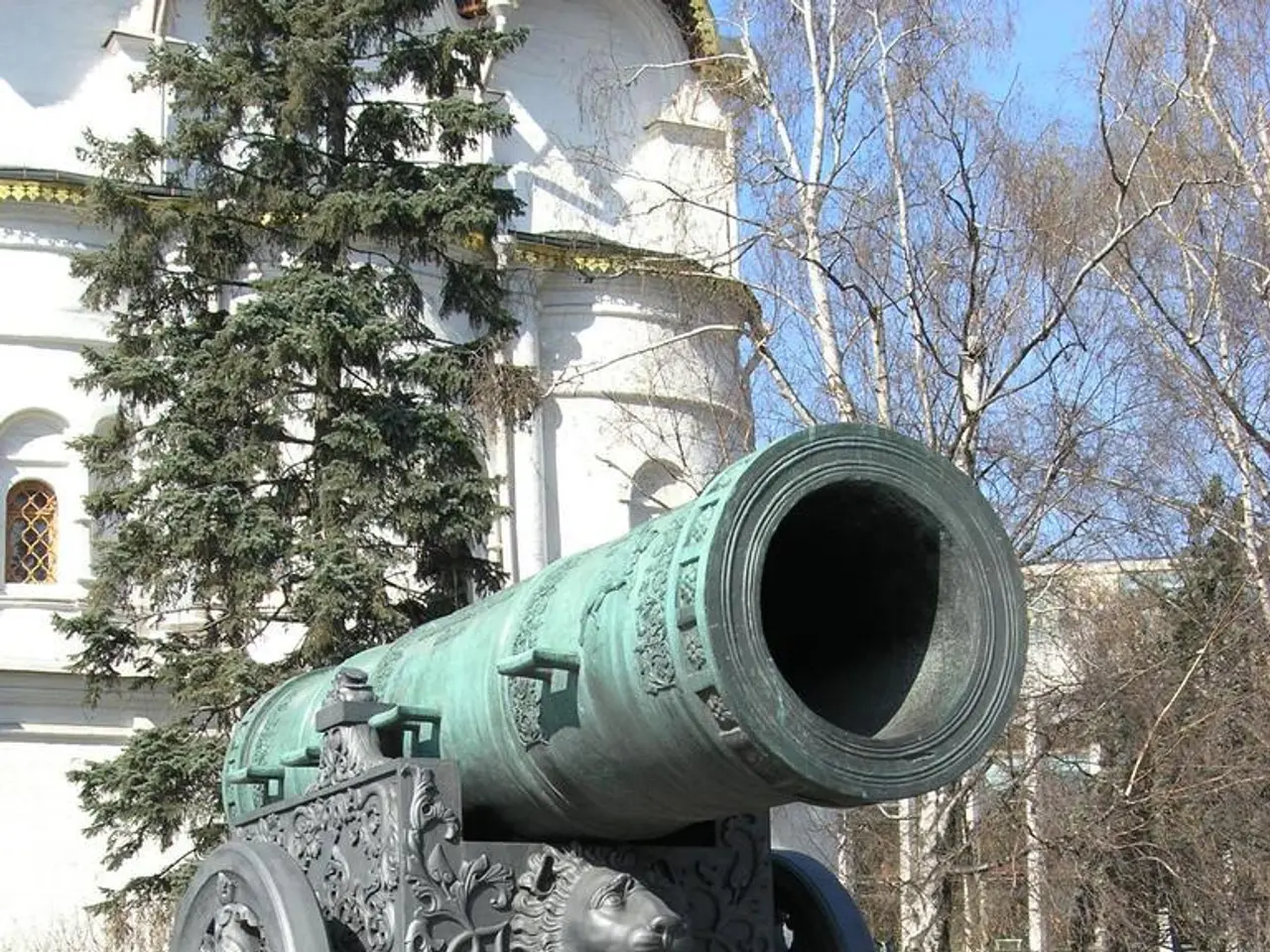Unchecked Rebukes Devoid of Reprisal
The situation in the Gaza Strip has put pressure on the German government to take action against Israel. However, Berlin is treading a delicate path, balancing its support for Israel's security with calls for humanitarian relief and a ceasefire, without endorsing stronger punitive measures.
German Foreign Minister Johann Wadephul is currently in Israel for the second time, tasked with conveying the urgency of immediate action to prevent a rift between the European Union and Israel. During his visit, he met with Israeli Prime Minister Benjamin Netanyahu and President Isaac Herzog, urging for a fundamental improvement of the dire humanitarian situation in Gaza.
Wadephul expressed his dismay at the delay in allowing humanitarian aid and medical supplies into Gaza, calling it "absolutely intolerable." He emphasized the need for Israel to take immediate and durable steps to alleviate the crisis, while also urging Hamas to release hostages and stop hostilities.
Chancellor Friedrich Merz, in a statement, confirmed that the German government is reserving such steps and has sent its Foreign Minister to the Middle East. Merz stated that Germany continues to stand firmly alongside Israel, condemning attacks on it and stressing the suffering on all sides, while calling for a ceasefire to end hostilities and reduce civilian casualties.
However, Merz faces pressure within the EU to allow measures such as halting parts of the EU-Israel Association Agreement due to the humanitarian crisis in Gaza. Yet, he has so far refused to endorse such punitive EU steps, preferring to monitor the situation more closely before taking further action.
Germany's stance on the recognition of a Palestinian state remains unchanged. During a meeting with Palestinian President Mahmoud Abbas, the German government reaffirmed its position and announced an additional five million euros for humanitarian aid in the Gaza Strip through the UN World Food Programme (WFP).
The German government, however, is not in favor of several states unilaterally recognizing a Palestinian state to avoid a rift between the European Union and Israel. This cautious approach has led to some criticism from countries of the Global South, who want to enforce international law against Israel.
As the situation in Gaza continues to unfold, the German government expects a report from the Foreign Minister on Saturday regarding its further course of action. The government has already discussed with its European partners how to proceed in the event of further action, but no decisions have been made yet.
In summary, Germany is balancing its policy of firm support for Israel’s security with calls for humanitarian relief and a ceasefire, yet refrains from joining stronger EU-led sanctions or explicit condemnations of Israel's conduct in Gaza at present. The government is also cautious about recognizing Palestinian statehood outside of a negotiated process.
- The German Foreign Minister, Johann Wadephul, is discussing war-and-conflicts, specifically the crisis in Gaza, with Israeli leaders, urging for immediate action and improvements in the dire humanitarian situation.
- Amidst pressure to endorse stronger EU-led punitive measures against Israel due to the humanitarian crisis in Gaza, Germany's Chancellor, Friedrich Merz, is reserving such steps and focusing on politics, notably balancing support for Israel's security with calls for humanitarian relief.








